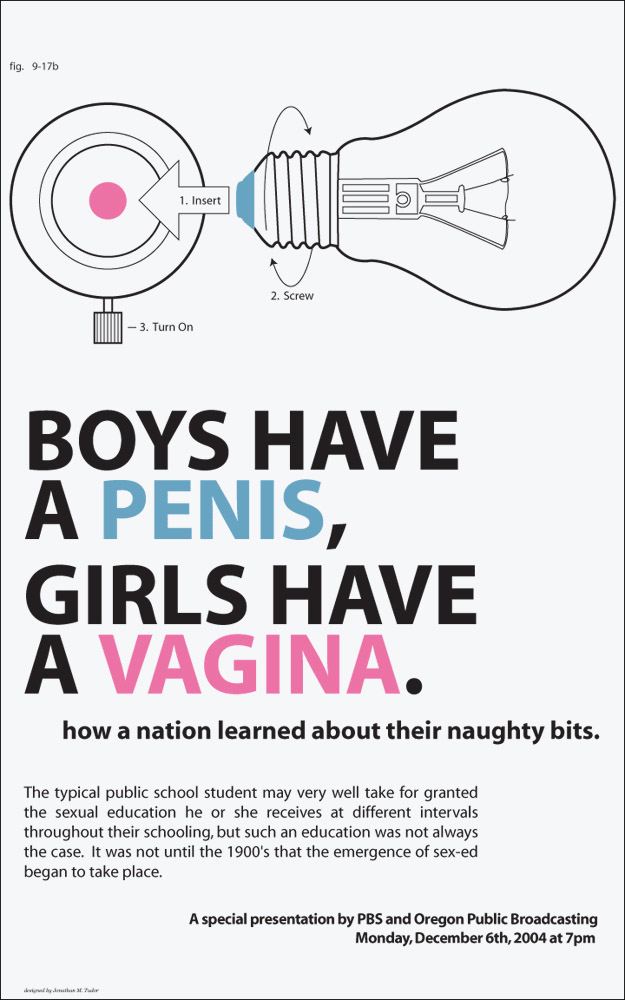Britain has the highest teen pregnancy rate in Europe, thus the government is bringing sex education into the classroom, including kindergarten.
Many countries require sex education in schools, but England requires it for five-year-olds. “It’s vital that this information doesn’t come from playground rumor or the mixed messages from the media about sex,” explained Schools Minister Jim Knight.
How do you teach sex education to a five-year-old? Details on the curriculum have not been released, but Knight has stated the focus will be on self-awareness for younger children. Lessons will start with naming body parts and progress to preparing for puberty and relationship feelings as children age.
We are not talking about 5-year-old kids being taught sex. What we’re talking about for key stage 1 (ages 5-7) is children knowing about themselves, their differences, their friendships and how to manage their feelings.
I wouldn’t really consider naming body parts sex education, but that is what England is calling it. I would, however, feel strange teaching children words such as “penis” and “vagina” that were not my own children. We use proper body part names in our family, but as a teacher, I just think it would be awkward, as one parent expressed:
I am not the parent who calls her son’s penis a wee-wee. But I should decide if the word penis enters my child’s vocabulary at 5 or not.
I do think that sex should be discussed in a natural terms, and I hope any curriculum will include the impact of procreation on the environment.
Image: Deviant Art

I’m sick of this implication that one has to have a small family to be “green”. I know plenty of no-child and single-child families with a WAY larger environmental impact than my soon-to-be-three-child family. The problem is not that families are having too many kids but rather that they are not making a commitment to conserving the Earth’s resources…
Crimson Wife, you make a good point, but our children grow up and become adults that make their own choices. Hopefully they will stick with the low carbon life they were raised with, but even so, the low carbon life of a child in the US or Europe is much larger than most children in the world. Congrats on your third child! I have a good friend with three children, and I do not judge parents for the size of their families. We have a few writers at Eco Child’s Play with more than two children. Even so, I think family size in the first world has a significant impact on the earth’s resources.
If teachers are going to feel awkward about it and parents don’t do it (we know a lot won’t), then it will be back to the wee wee and the fu fu or whatever kids on the playground prefer. Maybe it would feel weird at first, but I hope that in time teachers would get used to the curriculum like any other new subject. On a lighter note, my two-year old son knows he has a penis, but thinks his sister and I have “china”. It’s such a perfect “precious” word that I have to force myself to correct him every time. 🙂
Tara, “china”, that is so cute!
“CHINA IS A PERFECT WORD, IN MY OPINION, SO i’LL BE TEACH IT TO MY STUDENTS….THANKS!
Hi Jennifer
Just found this through the image on this post (which I’m planning to pinch, let me know if that’s not okay), and about to post a blog on the new sex ed proposals in the UK. Or more specifically, what it’s like now, because details of the proposals are very sketchy at the moment.
Couple of points first: I’m not sure that the UK does have the highest teen pregnancy rate in the whole of Europe, but it’s certainly the highest in Western Europe.
The problem with sex ed at the moment is that teachers are not trained to teach it – lessons are just wedged into the gaps in the curriculum. Now that the Govt are making PSHE (personal, social and health education) a compulsory part of the National Curriculum, this should change, and it should be taught by specialist teachers, more often.
It’s not just the act of sex, pregnancy and STIs that are important, but social issues around relationships and the representation of sexuality, body image, etc in the media. All of that is part of sex education.
Many girls start puberty by the age of 9 – it’s important to begin being open about this subject well before they reach that point.
Phil
PS “Tea and sugar” is a good one too.